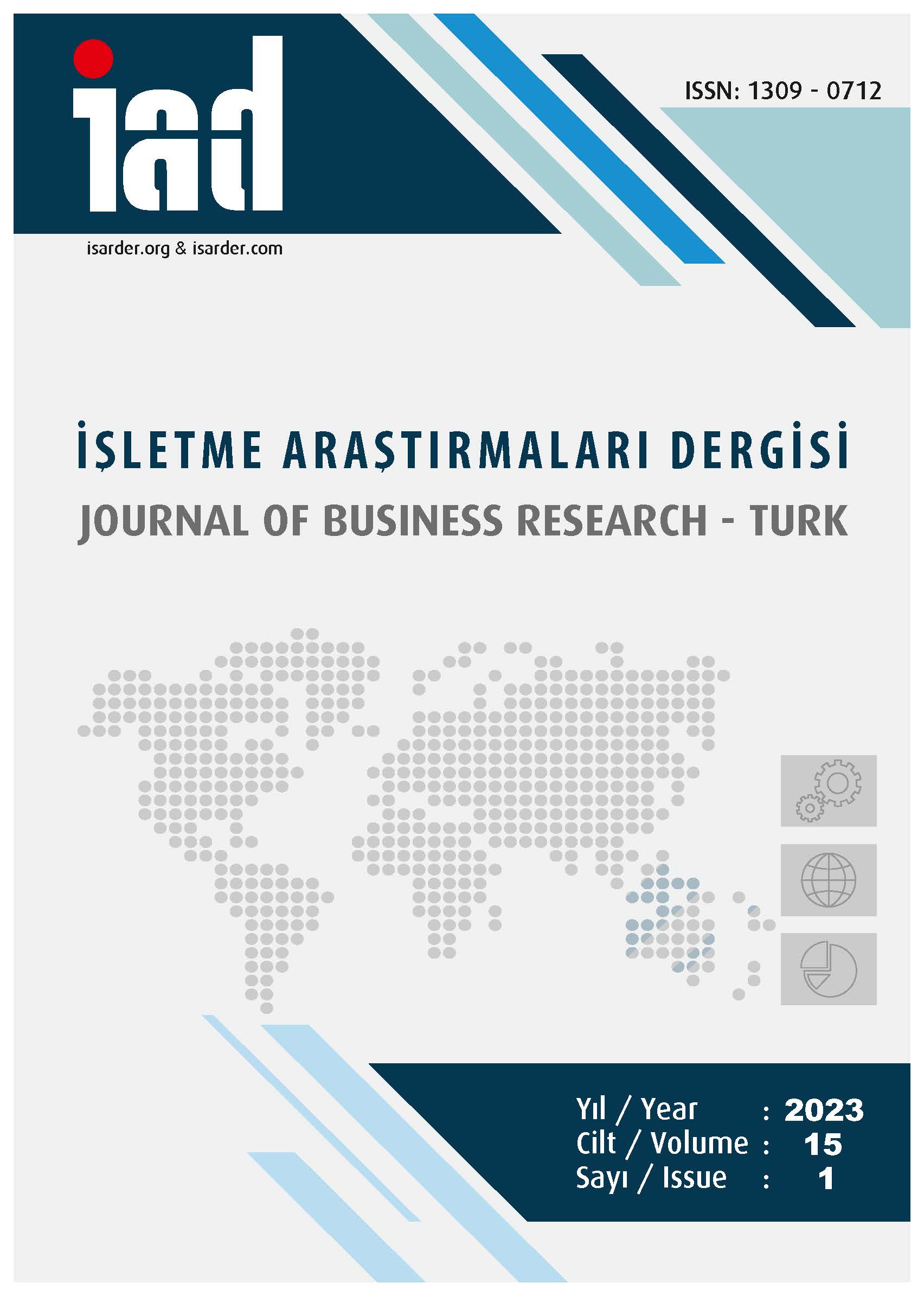The Effect of Rumination and Collective Gratitude on Happiness at Work
DOI:
https://doi.org/10.20491/isarder.2023.1584Keywords:
Negative Thought Cycle, Collective Gratitude, Happiness at WorkAbstract
Purpose – The aim of this study is to determine the rumination and collective gratitude levels of employees working in public institutions, to reveal the effect of demographic characteristics on these concepts, and to determine whether there is a significant relationship between related concepts and workplace happiness. Design/methodology/approach – The population of the research consists of employees working in public institutions in Kars province. A questionnaire form was used to collect data. The scale consisting of 9 questions, developed by Salas-Vallina and Alegre (2021) for the measurement of happiness at work and translated into Turkish by Yozgat and Bilginoğlu (2020), the scale consisting of 12 questions, developed by Akgün et al. (2016) for the measurement of collective gratitude levels and the scale consisting of 20 question scale developed by Brinker and Dozois (2009) and adapted into Turkish by Karatepe (2010) was used to measure the rumination. The data obtained within the scope of the research from a total of 383 participants were interpreted through various SPSS and AMOS programs. Results – As a result of the regression tests, it was determined that rumination had no effect on happiness at work. It was determined that collective gratitude had a positive effect on happiness at work (R2=0.216) and a positive effect on rumination (R2=0.058). In addition, significant differences were found in the study according to demographic variables. Discussion – In the study, a low-level positive effect is not an expected result between the collective gratitude and the negative thought cycle, but a negative significant relationship is expected to be observed. This situation does not comply with the literature and it is thought that the reason for this finding is related to the effect of Kars on public employees.
Downloads
Published
How to Cite
Issue
Section
License

This work is licensed under a Creative Commons Attribution-NoDerivatives 4.0 International License.





